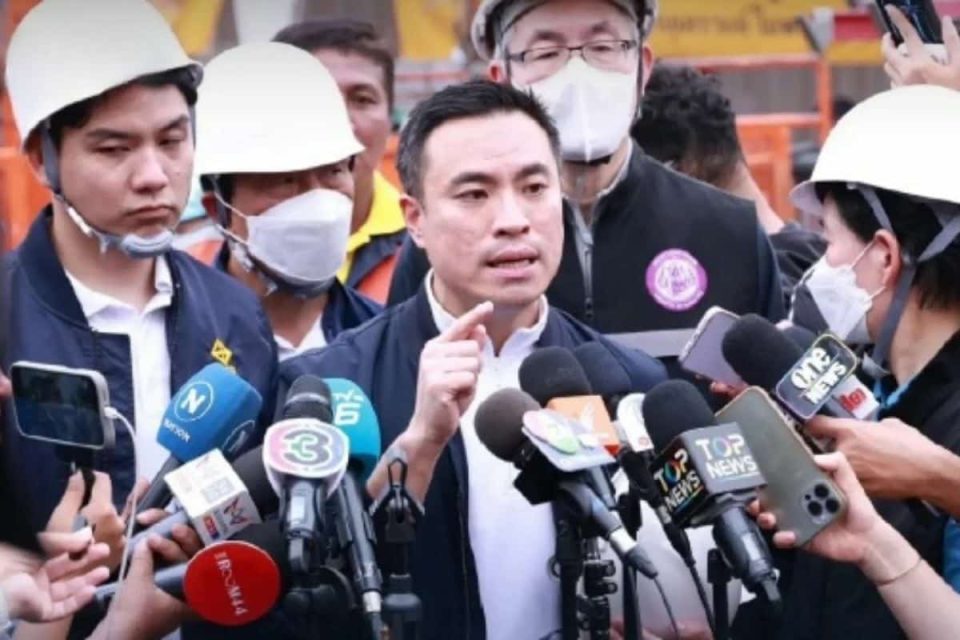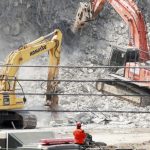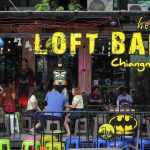Steel Manufacturer Faces Privilege Revocation After Substandard Materials Linked to Bangkok Quake Collapse
BANGKOK, April 4, 2025 — Steel supplier Xin Ke Yuan Steel is at the center of a growing scandal following the partial collapse of a government building during the March 28 earthquake in Bangkok. Thailand’s Industry Minister Akanat Promphan has called for the company’s investment privileges to be revoked, citing violations of industrial regulations and failure to meet safety standards.
In a bold Facebook announcement, Minister Akanat stated that he has formally requested the removal of privileges granted to the firm, accusing it of breaching both the Factory Act and the Industrial Product Standards Act. “Xin Ke Yuan Steel does not comply,” he wrote, pushing back against rumors of ministerial obstruction. “The Industry Ministry has not delayed the process—we’re moving ahead with a full investigation.”
The controversy erupted after investigations into the State Audit Office building collapse pointed to substandard 32mm and 20mm deformed steel bars supplied by Xin Ke Yuan. Tests conducted by the Iron and Steel Institute of Thailand confirmed that the materials used failed to meet safety requirements.
Despite clear evidence, efforts to revoke the firm’s privileges have stalled amid bureaucratic hurdles. Officials from the Board of Investment (BOI) cited concerns about a valid Thai Industrial Standards Institute (TISI) certificate that technically certifies the company’s steel products. Revoking privileges while this certificate stands could risk lawsuits or costly state compensation, similar to the contentious Akara gold mine dispute.
Minister Akanat revealed that the company had previously been warned, receiving two formal notices on December 27 and February 20, but failed to correct its practices. “The quality has yet to be improved,” he emphasized.
Public frustration is mounting, with citizens demanding accountability as pressure builds on the government to act decisively. All eyes are now on whether Thailand will prioritize public safety over procedural gridlock in this high-stakes case.





